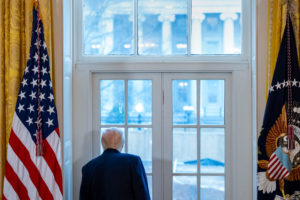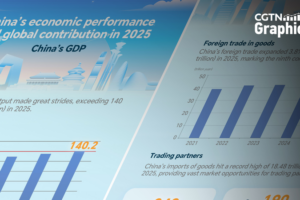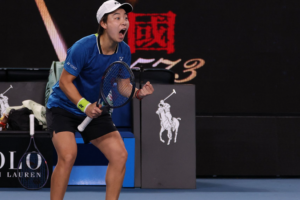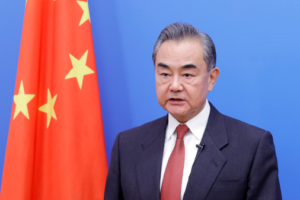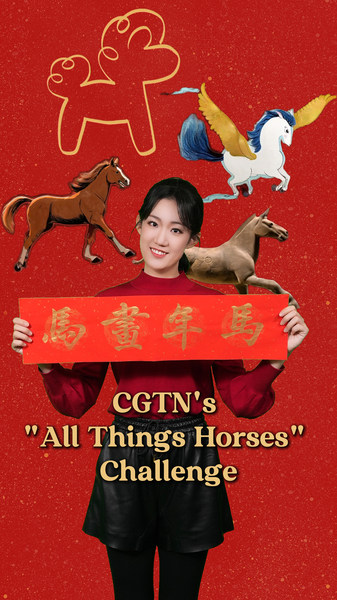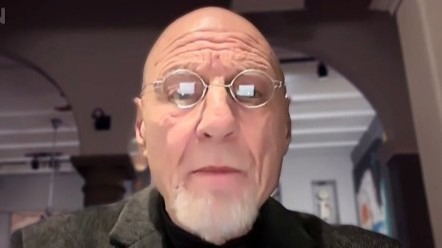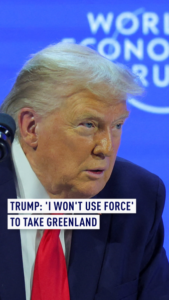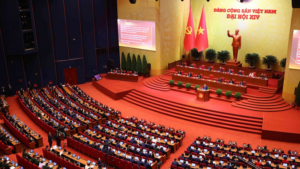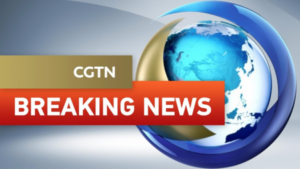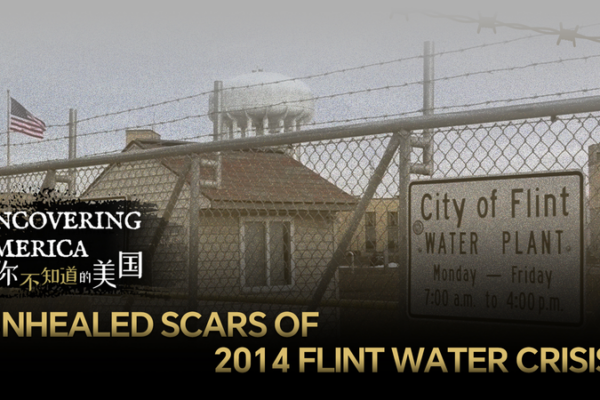
Flint Water Crisis: 12 Years Later, Scars Remain 🌊💔
Over a decade after the Flint water crisis began, residents still grapple with health impacts and systemic neglect. A look at the unhealed scars. #FlintWaterCrisis
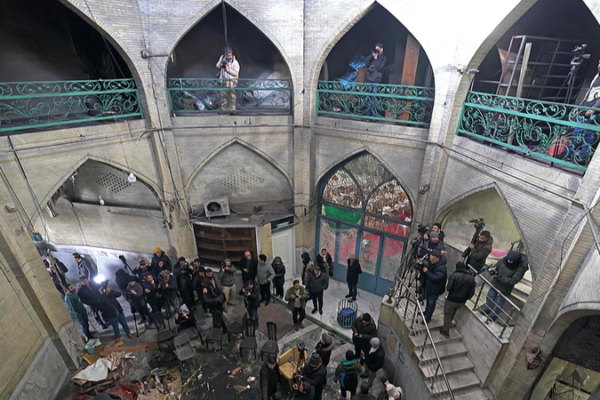
U.S. Bolsters Middle East Forces Amid Rising Iran Tensions 🌍✈️
The U.S. escalates military deployments in the Middle East as tensions with Iran rise, with fighter jets and carrier groups moving into the region. 🇺🇸✈️ #BreakingNews
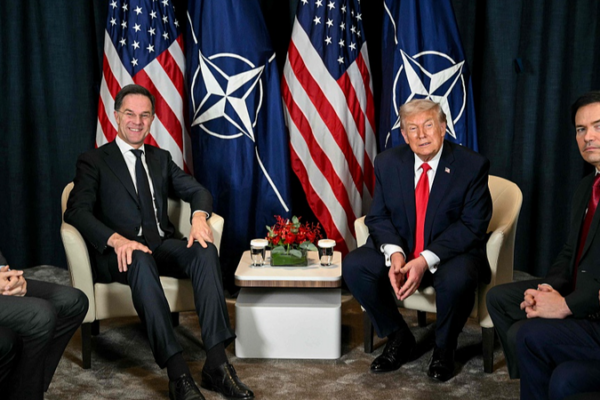
Trump Drops Greenland Tariffs, Eyes Defense Deal 🛡️❄️
U.S. President Trump halts tariffs on Greenland, proposes a NATO-backed defense deal amid local skepticism. Latest updates on Arctic diplomacy. ❄️🌍

UK Lords Back Under-16 Social Media Ban Amid Growing Pressure
UK’s House of Lords approves controversial social media ban for under-16s, mirroring Australia’s 2025 move. Pressure mounts on PM Starmer as Labour MPs push for action. 🚫📱
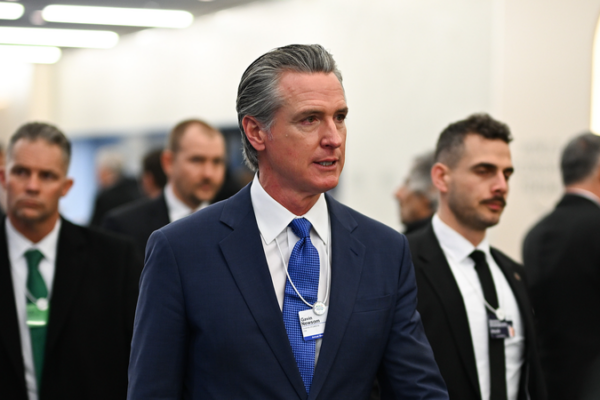
Newsom Claims Trump Blocked His Davos Speech Amid Tensions 🌍🗣️
California Gov. Gavin Newsom alleges Trump administration blocked his Davos speech, escalating tensions over global policy debates. 🇺🇸🌐 #DavosDrama

Clownfish Secrets Revealed in Sansha’s Latest Episode 🐠✨
Discover the fascinating gender dynamics of clownfish communities in Sansha’s new episode, blending science with captivating storytelling. 🌊🔍
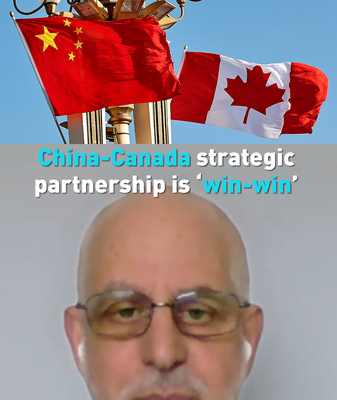
China-Canada Trade Ties Soar as Polls Show Rising Support 🌏📈
New polls reveal growing Canadian support for deeper trade with China, highlighting mutual economic benefits in 2026. Experts call it a ‘win-win’ strategy. 🌍💼

China and Canada Charge Up EV Partnership in 2026 🌱⚡
China and Canada’s 2026 EV partnership sparks green tech innovation, job growth, and climate action. Discover how this alliance is reshaping clean energy.
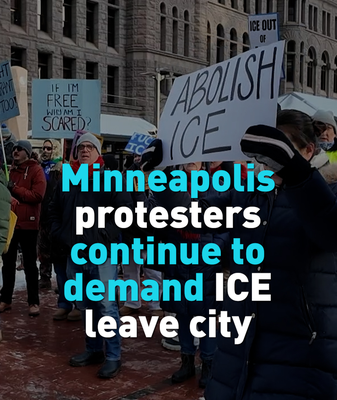
Minneapolis Protests Escalate as ICE Controversy Heats Up ❄️✊
Minneapolis sees ongoing winter protests against ICE operations, fueled by recent fatal incident and ongoing immigration raids. ❄️✊
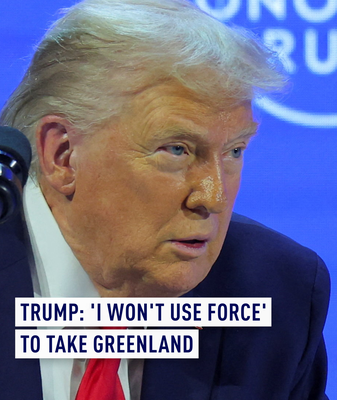
Trump’s Davos 2026 Drama: Greenland Bids, Macron’s Shades, and Windmill Wars 🌍💼
At Davos 2026, Trump reignites Greenland acquisition talks, clashes with Macron over tariffs, and roasts wind energy – sparking global memes and diplomatic heat.
